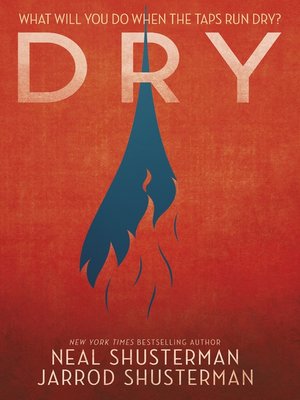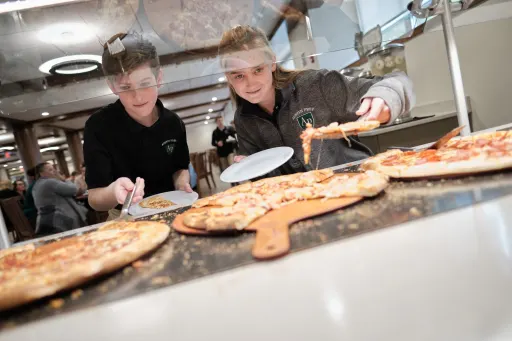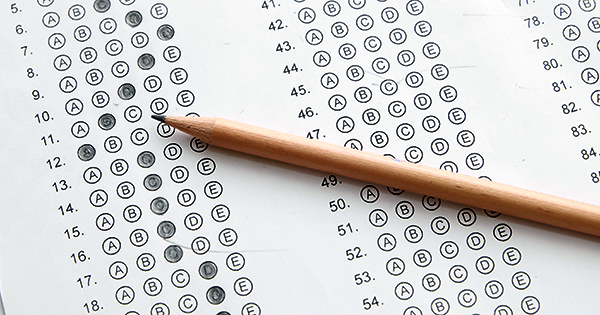Dry, a novel by seasoned dystopian writers Neal and Jarrod Shusterman, explores the possibility of extreme drought in Southern California. Beginning with protagonist Alyssa Morrow, her brother, and their neighbor Kelton, we encounter a typical Southland suburb facing the unthinkable—the disappearance of the water they once took for granted. The state of Arizona, in response to extreme drought, cuts off California’s only source of fresh water: the Colorado River. Maybe we’re not too surprised because we’ve all heard stories of droughts and wildfires on the news, but the Tap-Out is far worse than any climate disaster we have seen. The entire region is rife with crime, violence, and death, prompting a military takeover within days of the taps shutting off. Despite only lasting about two weeks, it is said to be the most catastrophic societal shutdown since the Civil War. Of course, Dry takes place quite a while before the Coronavirus pandemic, which lasted over two years and impacted the entire world. However, some behaviors resulting from this unprecedented disaster prove that the Shustermans’ predictions are not too far off.
These disasters may be unprecedented to us, but that illusion comes from a lack of media attention and government officials’ failure to respond. For example, we learn that Alyssa’s suspicions about the water facility are correct: the water facility supervisors failed to report the shortage, which began years before the novel took place. Likewise, the dismissal of COVID-19 as a ‘flu’ virus and late action in travel safety measures allowed it to reach the United States, where cases exploded in cities and those who had to keep working for society to remain stable were infected first. When most people were finally aware of the Tap-Out, they had no time to calmly prepare and were forced to put what was familiar to a hard stop. This induced a panic response that resulted in hoarding of supplies, uncivil public behavior, and rampant spreading of misinformation on the internet. Overall, we tend to lose our grip on standards of justice when we fear for our survival. Both government accountability and citizens’ cooperation are necessary to ensure timely and comprehensive responses to a crisis, which will prevent the loss of peace and order.
However, what is just as important as preparation is prevention. While remaining vigilant can mitigate the effect a crisis has on society, preventative action is far less pessimistic and burdensome on the world’s resources and mental wellbeing. For example, implementing stricter sanitation regulations for street markets worldwide, mandating the routine use of antibacterial cleaning products, and storing live animals in more humane conditions could have prevented the zoonotic Coronavirus. Likewise, if people in Alyssa’s home state of California used water less frivolously and contributed fewer tons of greenhouse gases that result in global warming, and if the state government was more focused on encouraging these measures, the Tap-Out would have never happened. Perhaps Dry teaches a valuable lesson: be prepared, but also work toward the best-case scenario.













